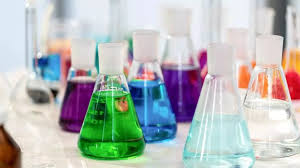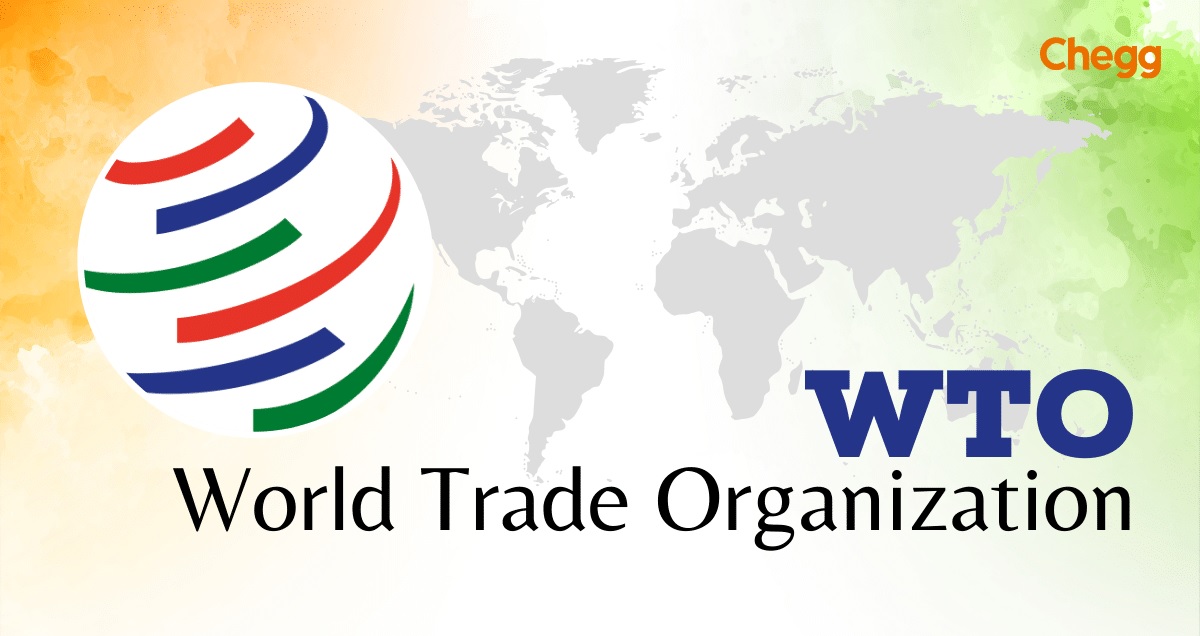The Hindu: Page 10
Syllabus : GS 3 : Indian Economy
The Finance Ministry’s proposed customs duty hike on imported laboratory chemicals, from 10% to 150%, faced backlash from scientists.
- This duty increase would significantly raise costs for essential research chemicals. The issue stemmed from an attempt to limit ethanol imports but was resolved by reverting to the original duty rate.

Introduction: Customs Duty Hike on Laboratory Chemicals
- The Finance Ministry withdrew a proposed customs duty hike on imported laboratory chemicals after significant objections from scientists.
- Laboratory chemicals are crucial for experimental research and medical diagnostics. They include oxidizers, corrosive acids, and compressed gases, as well as related instruments like funnels, beakers, and test tubes.
About the update:
- Generally, chemicals attract duty of 2.5 percent, 5 percent, 7.5 percent or 10 percent.
- Central Board of Indirect Taxes and Customs has reinstated a 10% import duty on chemicals for laboratory use, reversing a previous hike announced in the Union budget for FY25.
Chemical’s import dependence:
- Laboratory chemicals (Harmonised System Code 9802) include fine chemicals and pure compounds used by the pharmaceutical and biotech industry and researchers for lab analysis and synthesis. These chemicals are niche in nature and mostly imported.
- Analysis of trade under this HS Code shows that the value of imports has been sharply rising each year. It was Rs. 104 crore in FY21, Rs. 181 crore in FY22, Rs. 416 crore in FY23, and zoomed to Rs. 701 crore in FY24.
Key Exclusions and Compliance by CBIC:
- Ethyl Alcohol: Undenatured ethyl alcohol is excluded from the 10% duty and is subject to a 150% duty due to misuse concerns.
- Compliance Requirement: Non-compliance with end-use declarations will result in ineligibility for the concessional rate.
Tariff Classification:
- Current Tariffs: Chemicals generally attract import duties ranging from 2.5% to 10% under the Customs Tariff Act.
- Special Classification: Chemicals imported in packages not exceeding 500ml or 500g for laboratory use are specifically classified with a 10% duty.
Impacts on the increase in Custom Duty:
- Pharmaceutical companies and research labs might face soaring costs for critical imported chemicals, potentially driving up research expenses and end-product prices.
- Almost 95 per cent of research labs use imported lab chemicals, and most of this experimentation work needs to be reproduced globally.
- Thus, the focus must be on quality-oriented moves rather than raising government revenue..
Conclusion
- Temporary Challenges: The proposed customs duty hike led to confusion and potential delays in procuring essential laboratory chemicals. The issue has been partially resolved with the return to the original duty rate but requires additional documentation for imports.
- Ongoing Concerns: The situation highlighted the dependency on imported chemicals for research and the challenges of balancing customs regulations with scientific and medical needs.
UPSC Prelims PYQ : 2018
Ques: Consider the following statements:
1. The quantity of imported edible oils is more than the domestic production of edible oils in the last five years.
2. The Government does not impose any customs duty on all the imported edible oils as a special case.
Which of the statements given above is/are correct?
(a) 1 only
(b) 2 only
(c) Both 1 and 2
(d) Neither 1 nor 2
Ans: a)






